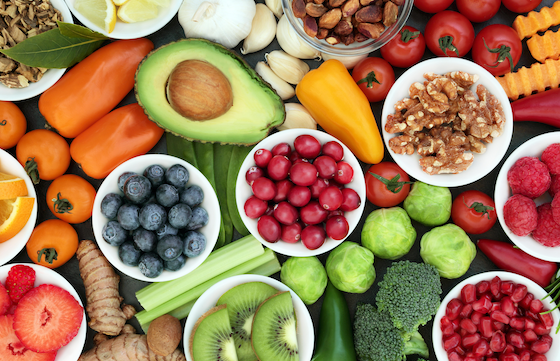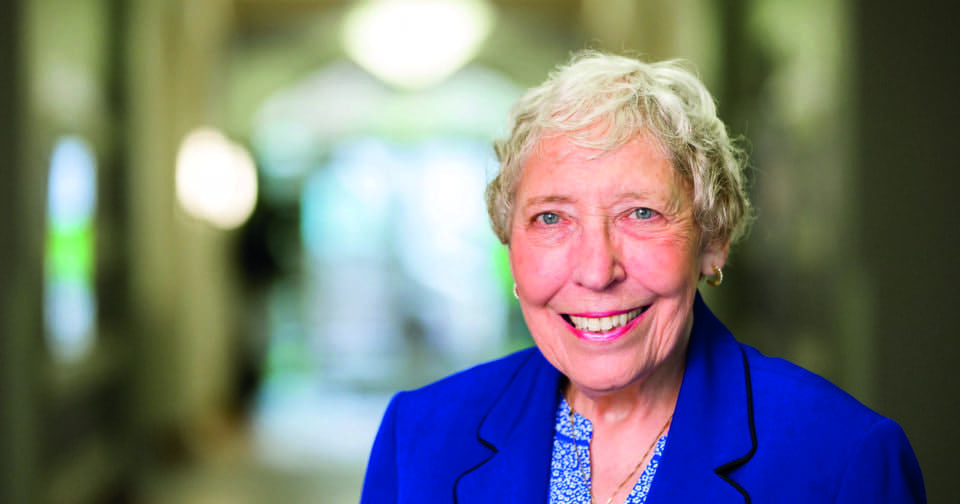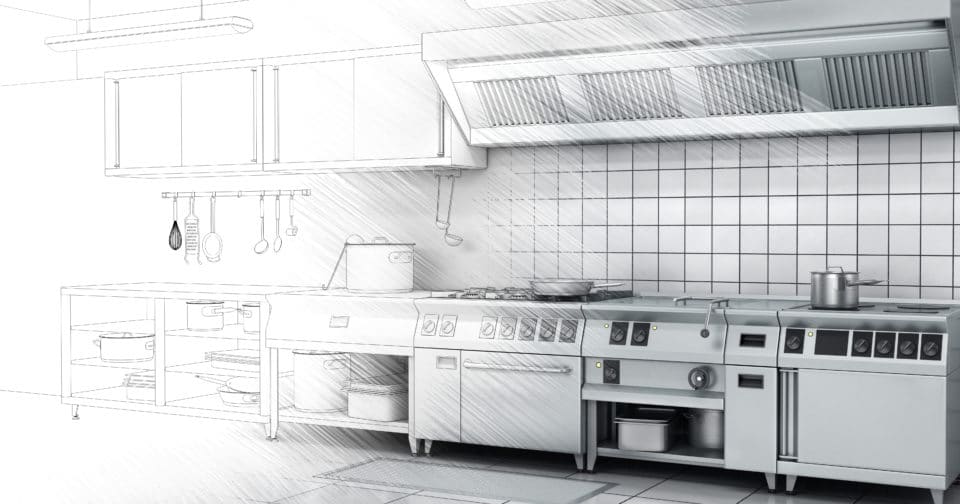
2020 is a year we will always remember. We can all picture the scenes from the start of the first lockdown: standing in the hot sun, practicing a safe distance, wearing a mask, waiting your turn to enter the grocery store as one customer leaves the next one in line is allowed to enter. Once inside, customers appeared fearful as many shelves of products were empty. People were grabbing products without much attention to what the items they were purchasing. Some products were rationed.
When this happened, I actually cried: that even the largest stores were such a place of such fear and frenzy. I live in an urban area of a city that is home to a very large university, a college, one of the largest areas for multi-research and health care centers in Florida.
On the horizon
We need to be safely prepared as it has been predicated with the approaching cold weather, the annual flu season, and the increased number of infected persons with the Covid-19 virus, the situation will only increase. That means more shortages, more ill people, healthcare shortages, mental health problems, schools closings and other mandated rules will increase.
The fear of the US election results could continue to cause unrest – even riots – and the closing of “non-essential” businesses and churches. We must protect ourselves and our families. The following suggestion may be helpful for you:
Take care of self and family first by:
1. Having all members tested for the virus
2. Get a flu shot
3. Follow local, state and national mandates
4. If you or family must travel, listen to the local news before leaving home if your normal route is blocked due to a disturbance, take a safe route
5. Be sure you keep your gas tank as near to full as practical, as you never know how long it will take to reach your destination
6. Always keep an emergency back pack that includes water, high protein snacks (avoid salty and sweet foods)
7. A medical kit, with at least two days of medications for self and family, clean mask, personal hygiene kit for all, blankets, phone charger, list of important phone number, who to call in case of an emergency (family, doctors, hospital). Always list your preferred hospital
8. When in a car, always keep the radio and phone on. Be alert to your surroundings. Obey law enforcements. Your life may be saved because of this
9. If the road is blocked try to move to safety. Keep your car doors locked.
Personnel
Review your emergency plan and, if needed, update to include pandemic, riots, and internal disturbances. Does it include both internal and external policies and procedures and assigned responsivities? External disasters include natural disasters, usually weather-related, riots, terrorist attacks, and pandemics. Internal disasters include strikes, bomb threats, fires, shooting, fighting with customers and other employees.
The plan must dovetail with an overall facility plan. It should be realistic and specific to your locale. Provide employees with a copy and a list of their responsibilities. Mock drills help everyone to recognize the meaning of alarms, signals, and emergency phone numbers for the area. The drill could be a table-top drill or an actual enactment.
Fire safety is the responsibility of the employer to provide a safe working environment for employees and is a requirement under most accrediting agencies standards. Be sure all employees know where the fire extinguishers are located and what type to use on what kind of fires. Employees must be provided with PPE, mask and other items for safety. OSHA standards must be followed. (Please note that some of the requirement have changed this year.)
Situations change, we also must change. Be vigilant; know what is happening in your locale. Follow the rules. Be safe.
Ruby Parker Puckett MA, FFCSI FAND




